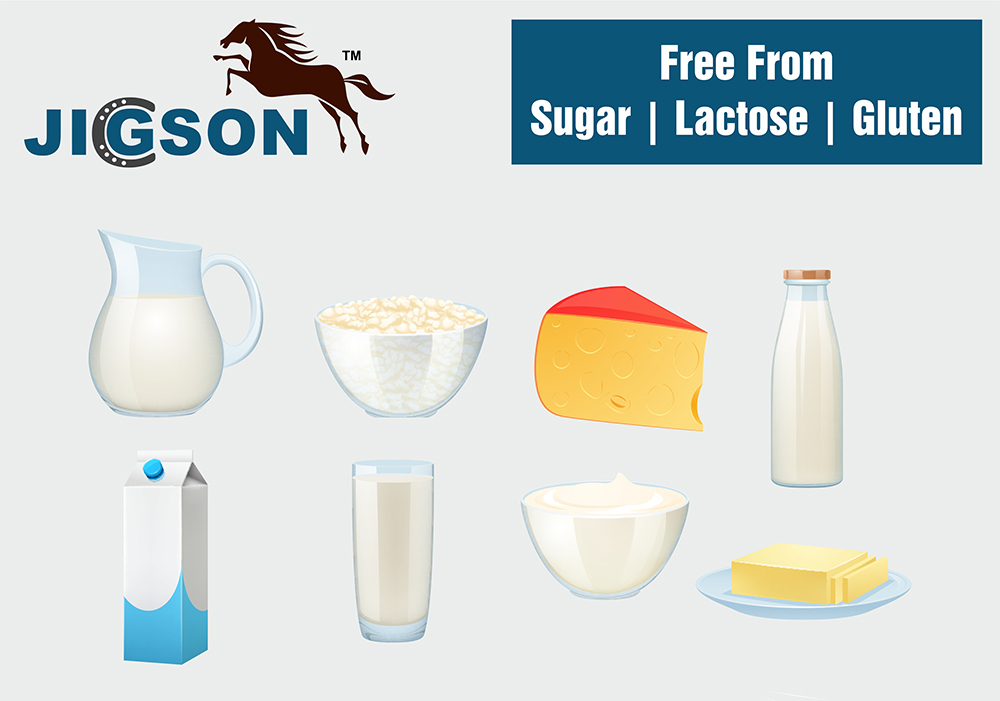
Overview
Lactose intolerance is the inability or insufficient ability to digest lactose, a sugar found in milk and milk products. Lactose intolerance is caused by a deficiency of the enzyme lactase, which is produced by the cells lining the small intestine. Lactase breaks down lactose into two simpler forms of sugar called glucose and galactose, which are then absorbed into the bloodstream.
Lactose is also found in breast milk, and almost everyone is born with the ability to digest it. It is very rare to see lactose intolerance in children under the age of five.
Which Foods Contain Lactose?
Lactose is found in dairy foods and products that contain dairy. The following dairy products contain lactose:
- Cow’s milk (all types)
- Goat’s milk
- Cheese (including hard and soft cheeses)
- Ice cream
- Yogurt
- Butter
What Are the Symptoms of Lactose Intolerance?
If not managed properly, lactose intolerance can cause severe digestive problems. The most common symptoms are:
- Bloating
- Abdominal cramps
- Gas
- Diarrhea
Some people also experience urgency to go to the toilet, nausea, vomiting, and pain in the lower belly and occasionally constipation.
Diarrhea occurs due to undigested lactose in your small intestine, which causes water to move into your digestive tract.
Once it reaches your colon, the lactose is fermented by the bacteria in your gut, forming short-chain fatty acids and gas. This causes the bloating, flatulence and pain.
The severity of symptoms can vary, depending on how much lactose you can tolerate and how much you have eaten.
Probiotics Roles in Lactose Intolerance
Probiotics are microorganisms that provide health benefits when consumed.
Probiotics are types of fiber that function as food for these bacteria. They feed the beneficial bacteria you already have in your gut, so that they thrive.
Probiotics have been shown to reduce symptoms of lactose intolerance and more effective in treatment of lactose intolerance
Removing dairy Product from your diet can mean you miss out on important nutrients. However, it’s not always necessary to completely avoid dairy if you are lactose intolerant
Most people with lactose intolerance can tolerate small amounts of dairy
If you do need to remove dairy completely, it’s perfectly possible to have a healthy and balanced diet without it as per advice your Consult Doctor.
Remember
Lactose intolerance doesn’t have to make your child’s life miserable. There are many options for children who are lactose intolerant. Talk with your pediatrician Doctor about what Medicine or diet changes would be best for your Child.
